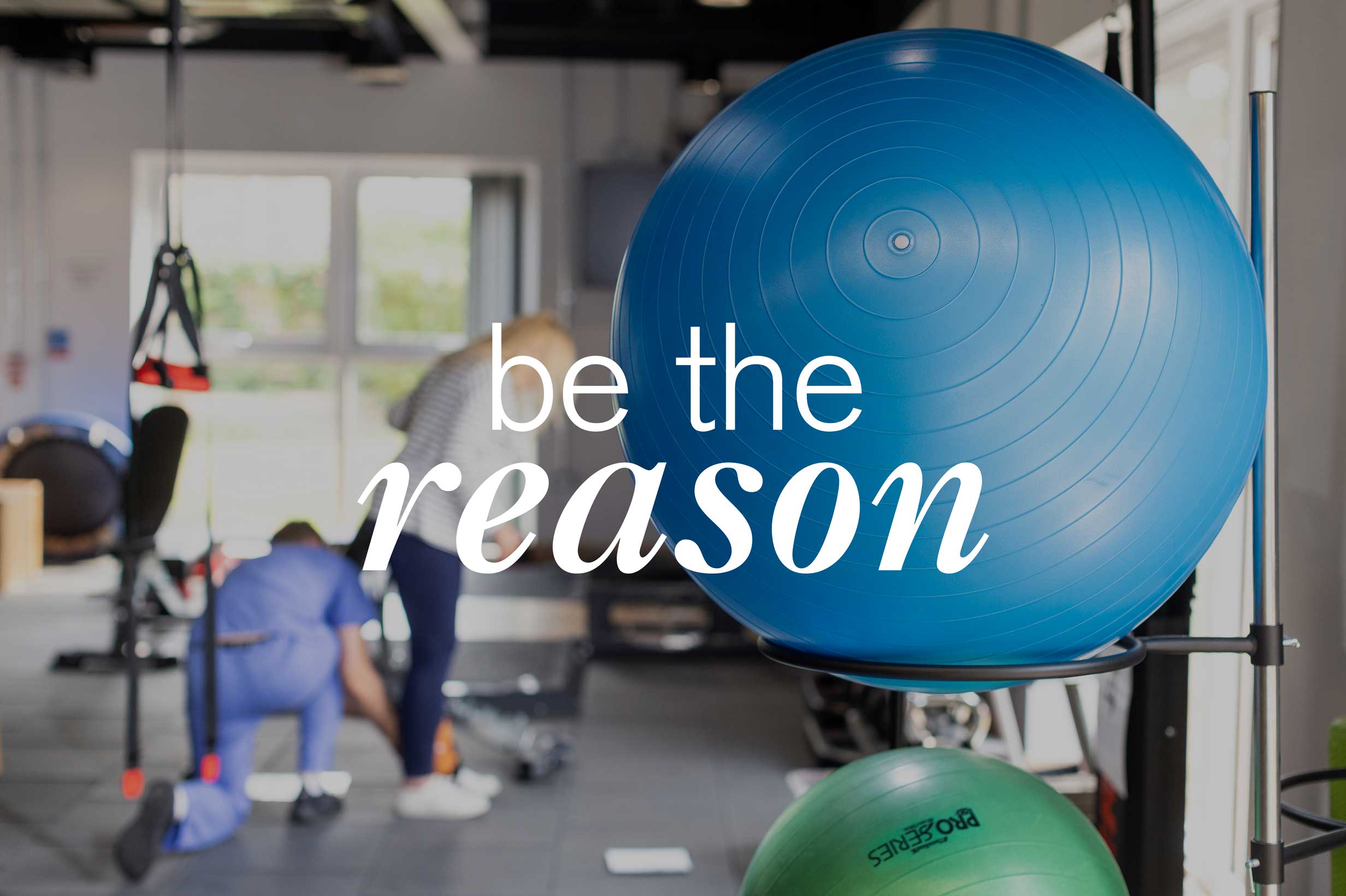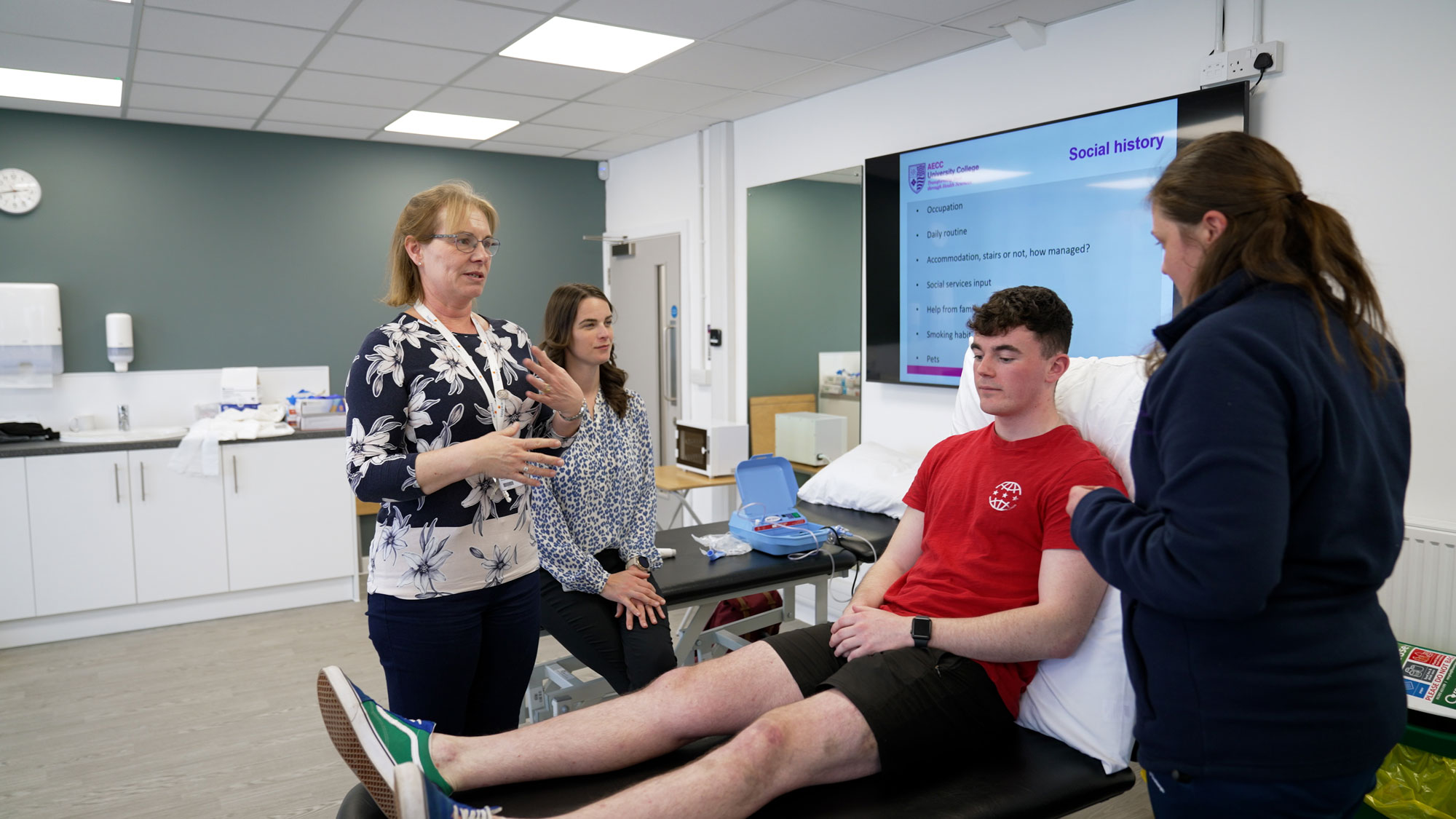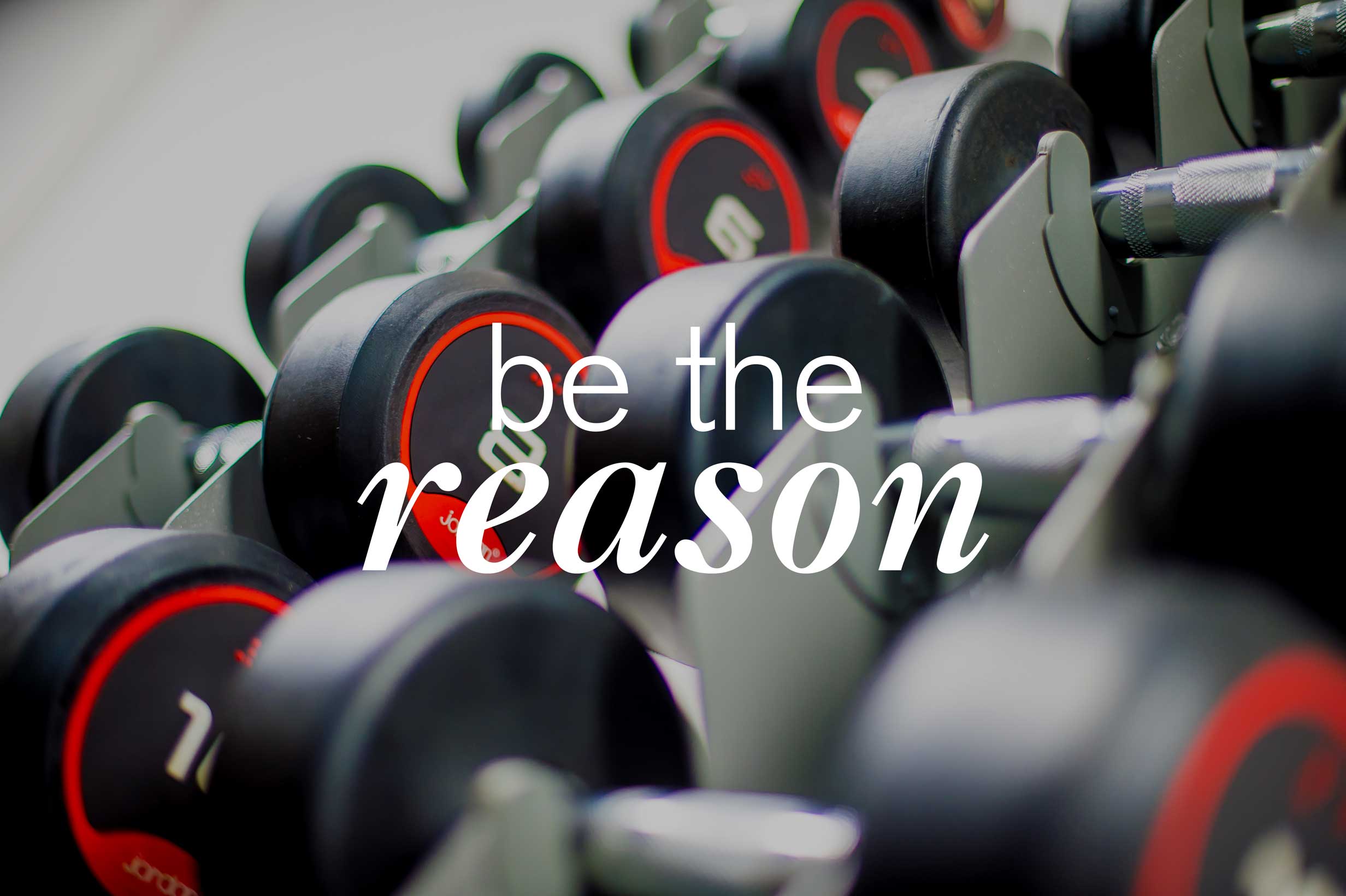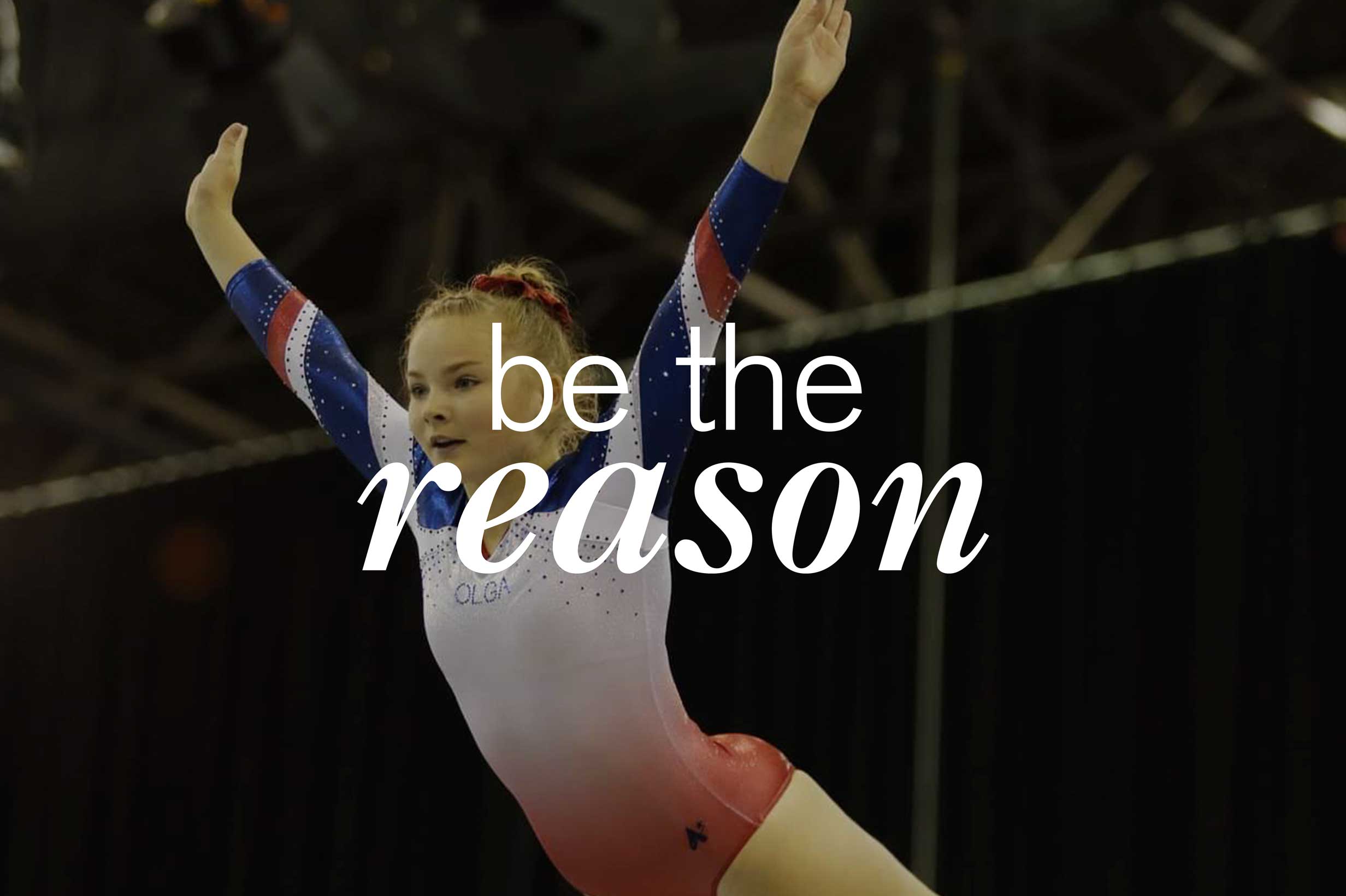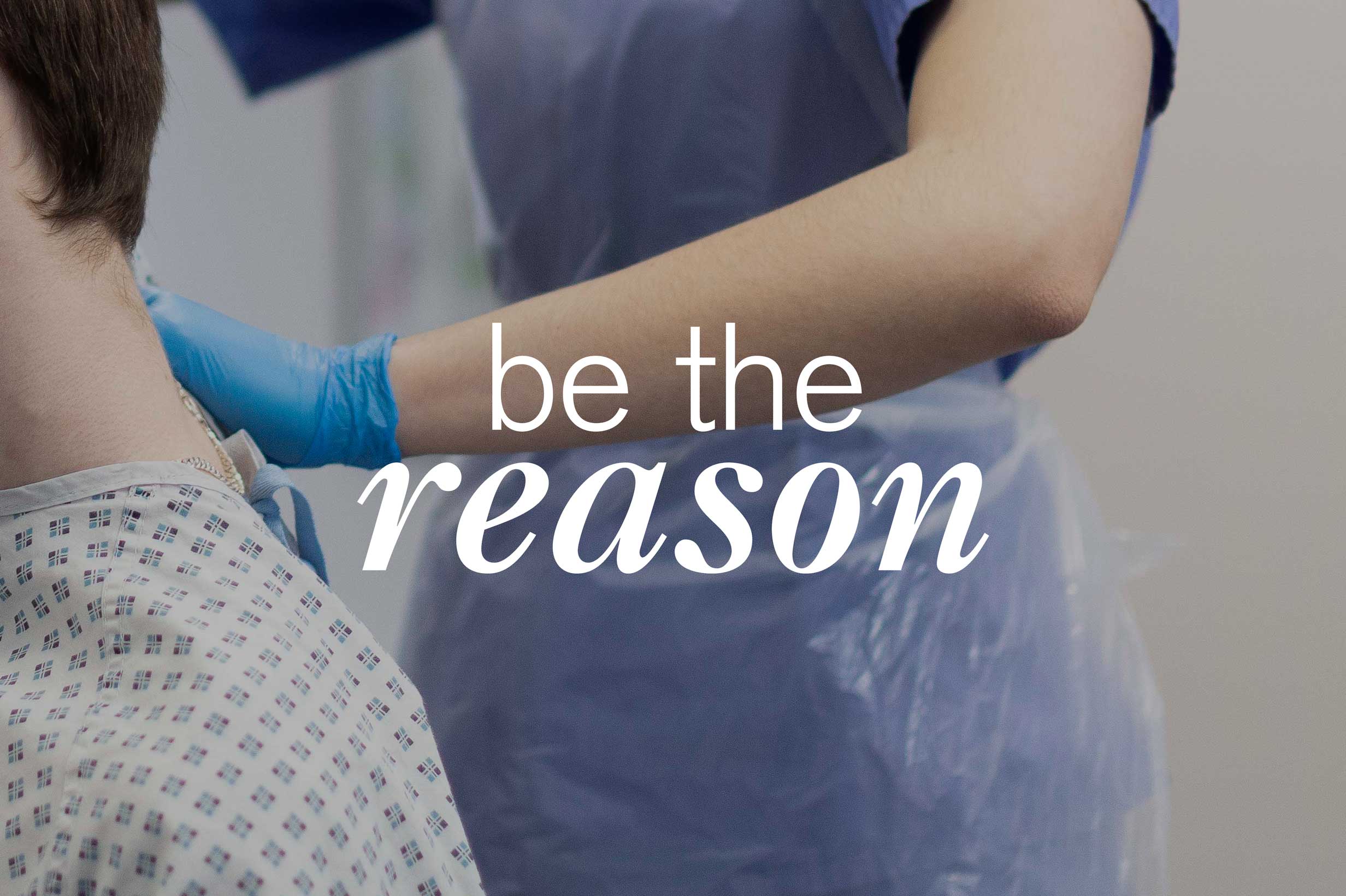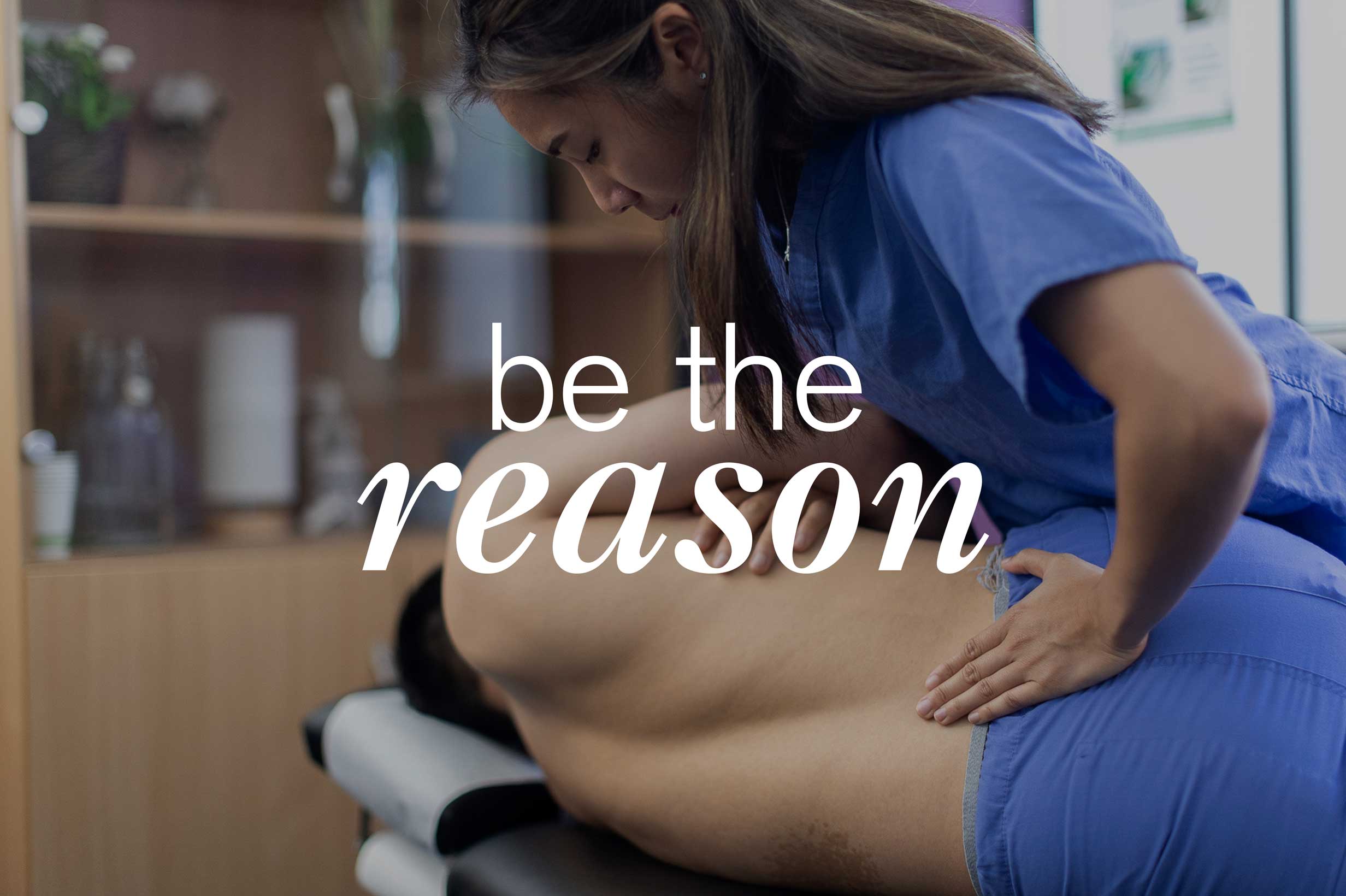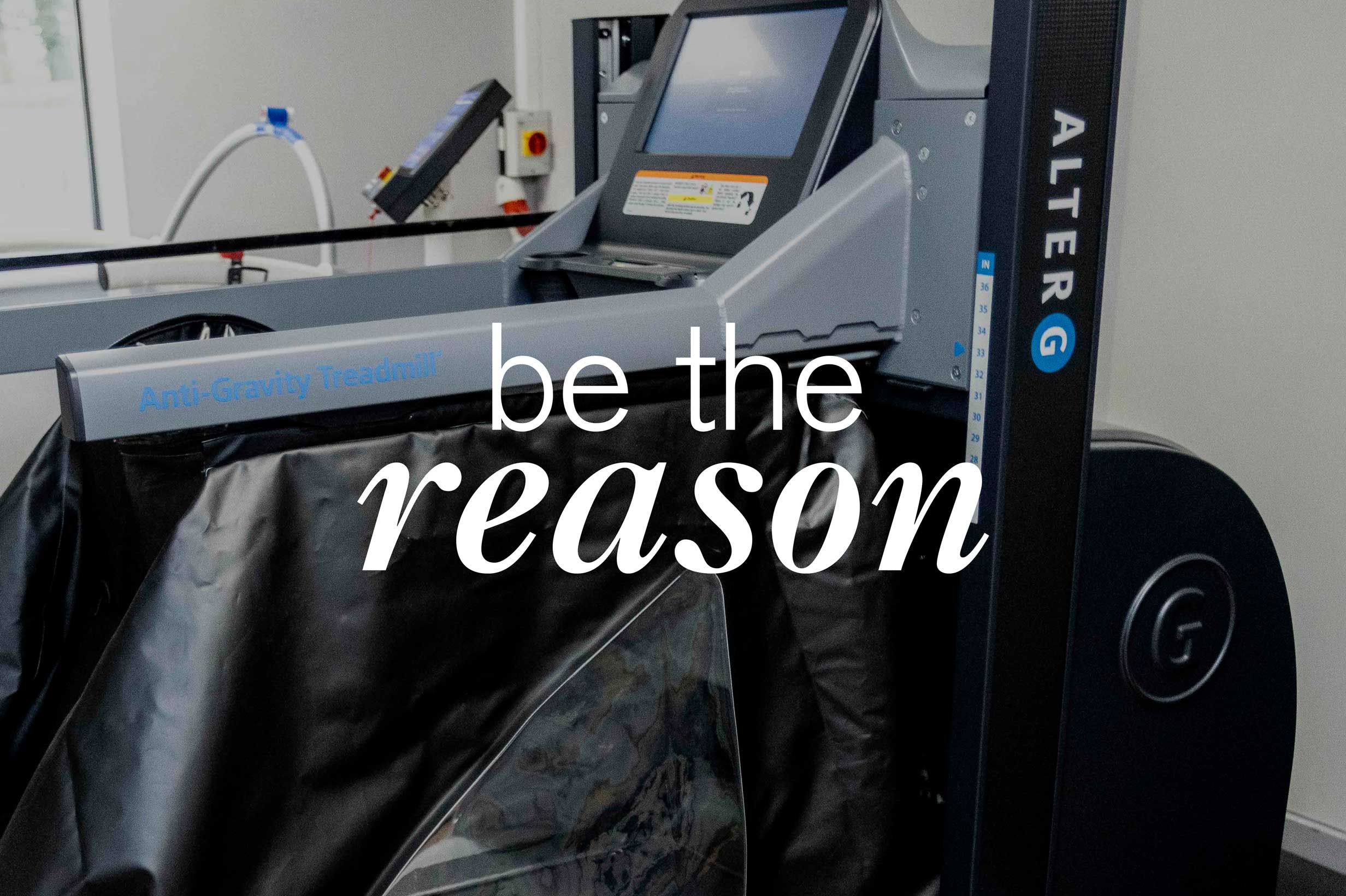Starting Rehabilitation
“When I left hospital, I needed support to get back to doing day-to-day things for myself, such as tasks around the house. I initially got in touch with Katie because I knew she did Community Rehabilitation and that she had experience working with people in a similar position to me. She came round and carried out an assessment.
“We started working on some exercises that would help me. She gave me direction and focus, which was so helpful. I needed someone to say to me: ‘Right, let’s do this’; someone who was confident in the treatment and who had experience with my condition.
“With a condition like mine, doing anything for the first time is daunting. You never know exactly how it’s going to go. I needed to work with someone who wasn’t nervous themselves about my condition.
“Katie says to me: ‘Come on, let’s try.’ She gives me confidence. She has so much experience and she seems to really enjoy seeing her patients making progress. She encourages me to go a bit further and push myself a bit more.
“Working with Katie has given me the confidence to do a lot more than I thought I was going to be able to do. I’ve got further than I ever thought I would and I want to go a lot further still.”
AlterG – Anti Gravity Treadmill
As part of her rehabilitation, Nicole has been using the AlterG at Health Sciences University, an anti-gravity treadmill that is used to help people get back to walking or running during their rehabilitation. The AlterG allows users to walk or run with as little as 20% of their bodyweight, allowing Nicole to practice walking with a weightless feeling.
Nicole explains: “The AlterG has really helped me with control and helping me to believe that walking is achievable in the future. It makes me feel more upright; like I’m getting a really good stretch with every step. My hips and ankles feel like they’re getting a good workout, and it’s difficult to get that otherwise.”
Continuing Recovery
“I would love to be able to take just a few steps on my own by Christmas; I would really love to do that. The other day, I dropped something on the floor and I managed to lower myself down to pick it up using an exercise that Katie gave me. It was hard work, but I did it. I was pleased with that.
“This experience has been so hard on my family, as well as on me, and my family is my focus. One day, I hope I might have grandchildren and I want to be able to look after them. I want to be able to help out. That’s what is driving me.
“I will walk again; I just don’t know how long it’s going to take. But I will walk again and that’s that.”
Katie adds: “Nicole is making fantastic progress with her recovery and her determination to get back to doing the things she wants to do is really inspiring. Equipment like the AlterG is brilliant and makes a huge difference in terms of helping patients like Nicole build up strength and to achieve more than they think they can. I look forward to seeing her make further progress in her recovery.”
